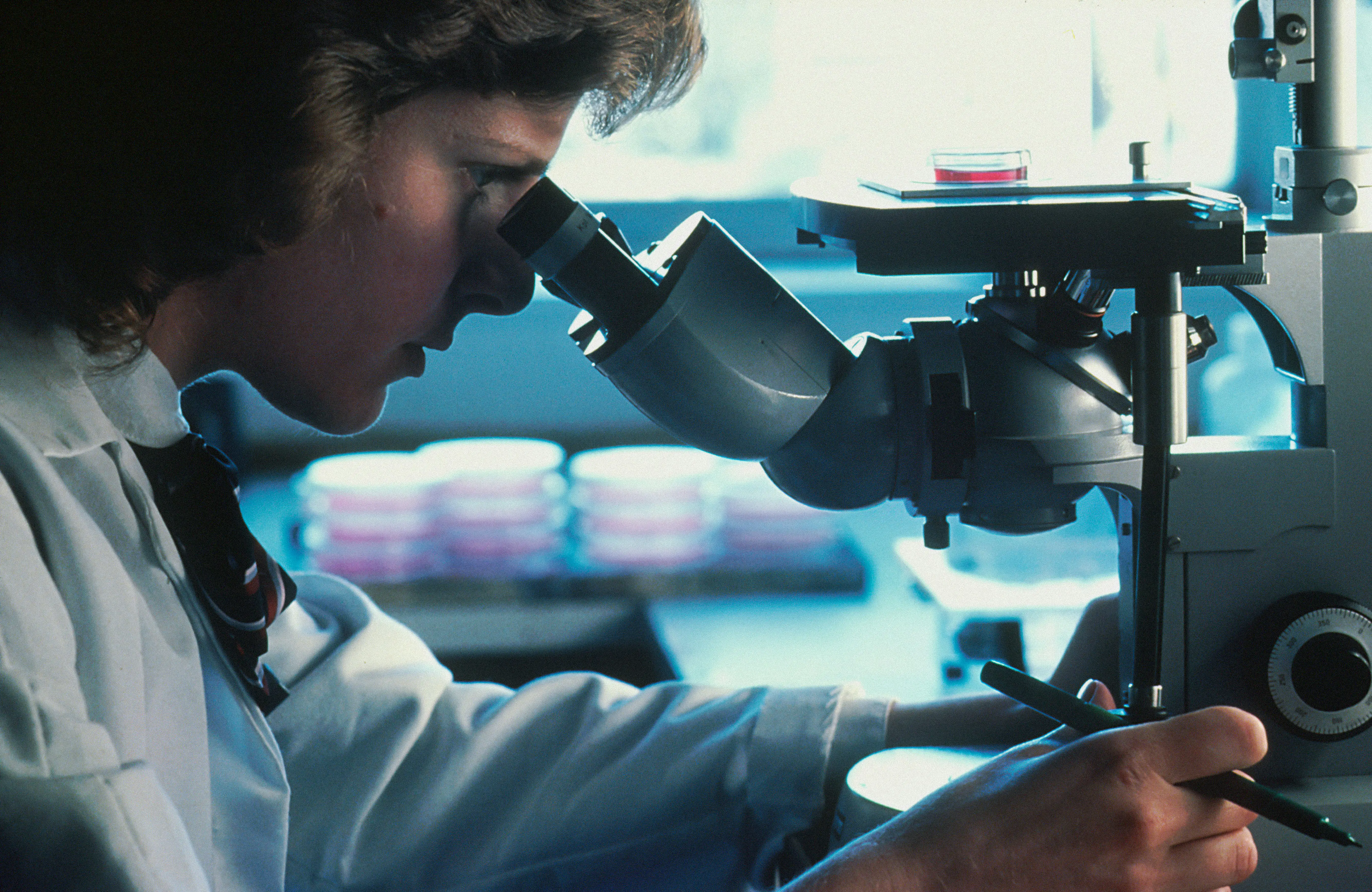This Cancer Breakthrough Could Help Millions: One Therapy, Many Tumors

Cancer has long evaded easy solutions, with treatments often tailored to specific tumor types. But a new approach developed by researchers at Harvard’s Wyss Institute could change that. Led by bioengineer David Mooney, the team has unveiled a universal immunotherapy that’s showing promise against a wide variety of cancers, a feat some experts are calling nothing short of miraculous.
The innovation centers on a new kind of biomaterial-based cancer vaccine that can be custom-programmed to stimulate the body’s own immune system to recognize and destroy tumors. Instead of targeting just one type of cancer, Mooney’s platform reprograms immune cells to attack a range of tumor types, from melanoma to breast cancer, offering a one-size-fits-many treatment.
At the heart of the system is an injectable scaffold, a tiny structure that trains immune cells to detect and eliminate cancer. The scaffold is biodegradable and designed to release immune-stimulating agents over time, effectively transforming the injection site into a miniature cancer-fighting training camp.

“Traditionally, immunotherapies have been highly personalized and expensive,” said Mooney. “But our method is modular. It’s faster, more scalable, and potentially far more accessible to patients.”
Early-stage trials in mice have already shown dramatic reductions in tumor growth, with many animals becoming cancer-free. Human trials are now being planned, with the hope that this approach could help millions of people who currently have limited treatment options.
This is especially critical for cancer types that resist traditional therapies, such as pancreatic or ovarian cancer. Mooney’s platform offers new hope in areas where prognosis remains grim.
The technology also holds potential for combining with existing treatments like checkpoint inhibitors, potentially amplifying their effects and overcoming tumor resistance.
As the world searches for more equitable and effective cancer care, this new approach could mark the beginning of a new era, one where a single platform can fight many forms of cancer.